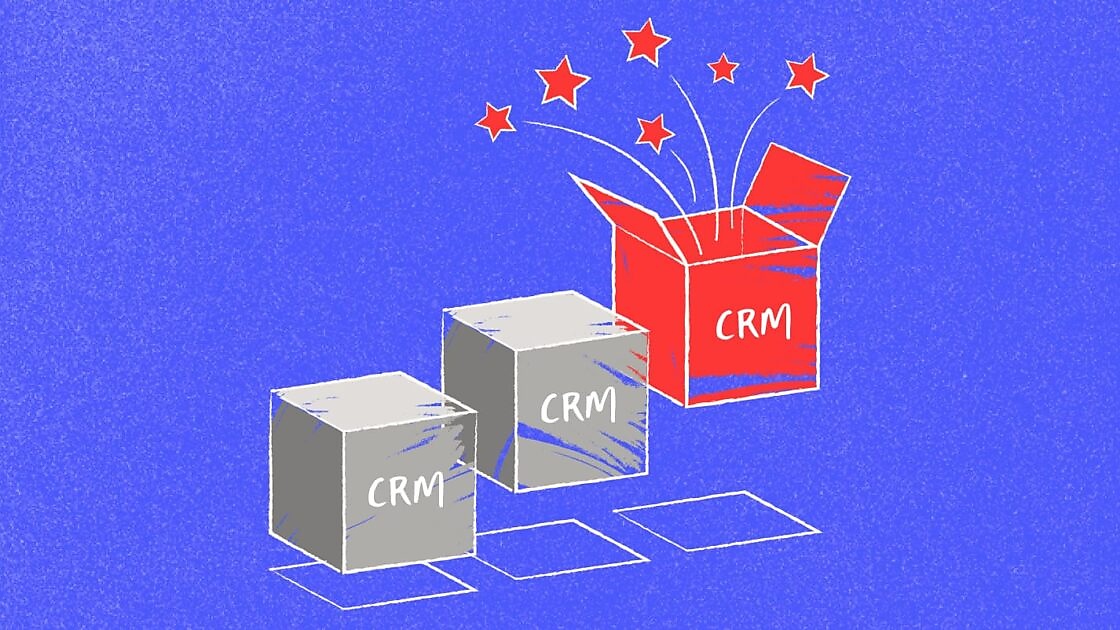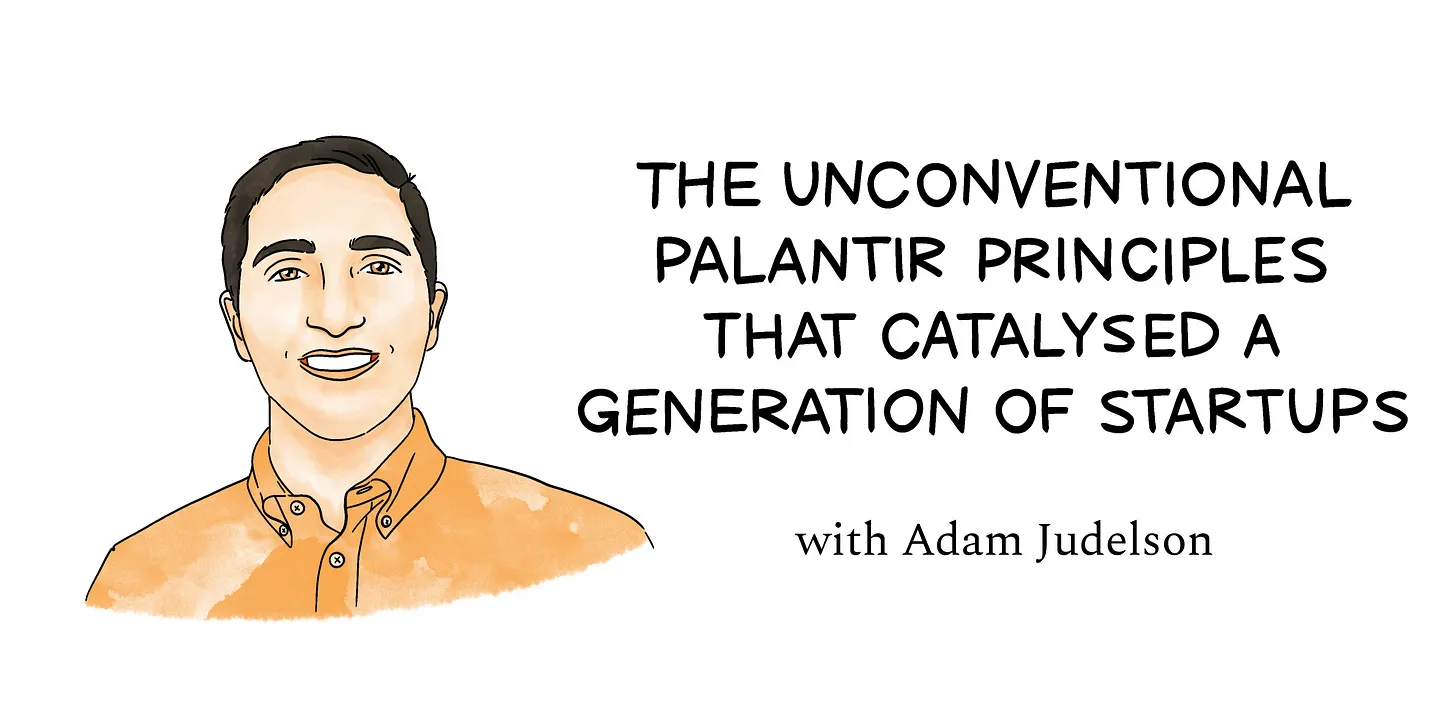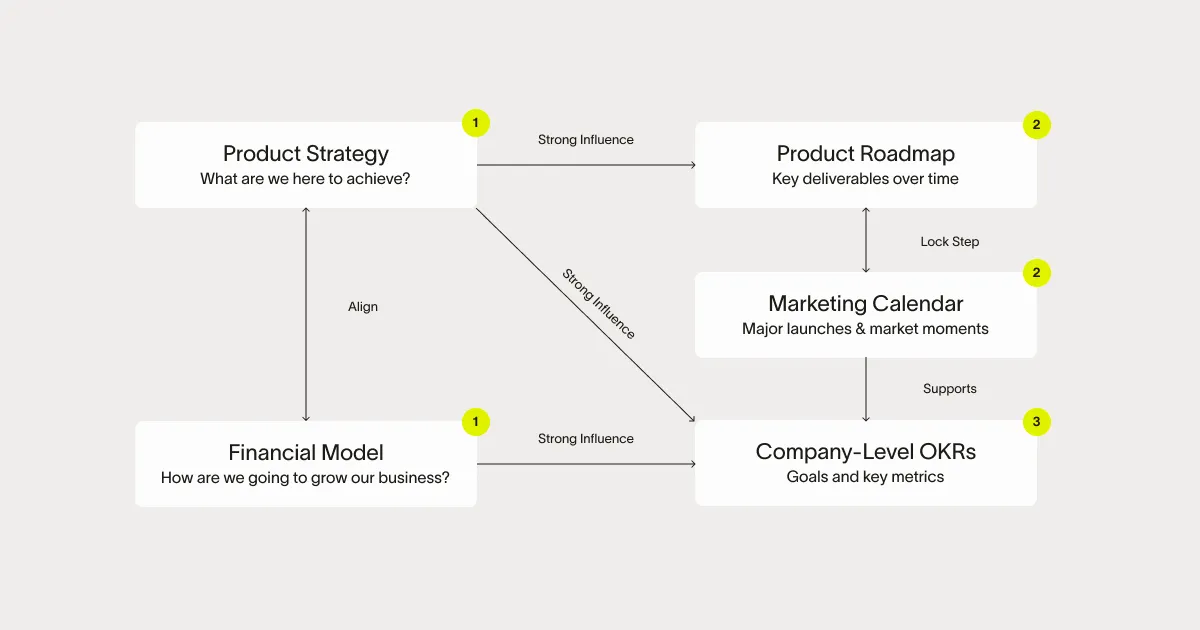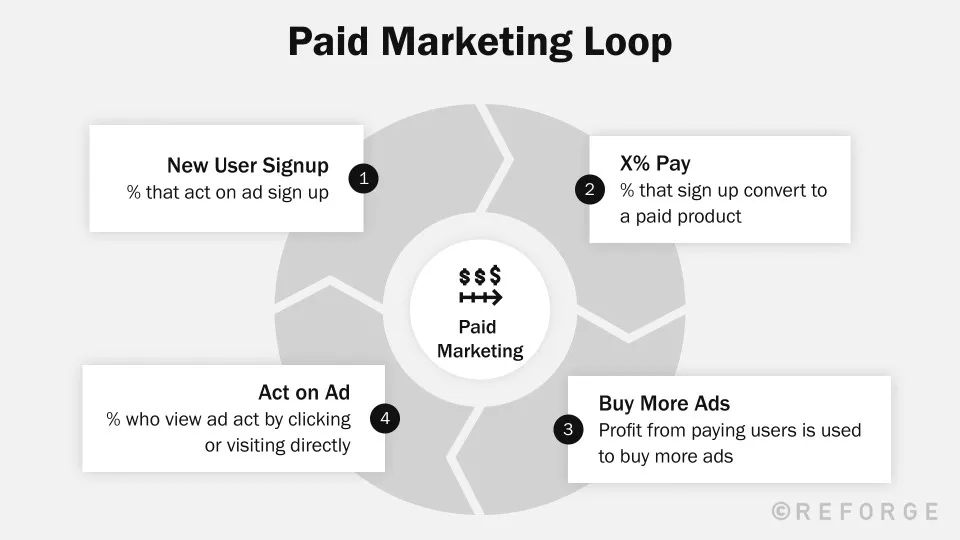BY LINDSEY ANDERSON for biznology My series on the ABCs of Sales Leadership begins with Authenticity. Authenticity is one of the most important traits for a leader to embody and is critical for effective management, especially sales leadership. Sales, as a profession, is burdened with outdated archetypes like the sleazy snake oil salesmen or shifty, high-pressure car sales guy; so operating with authenticity and integrity is important in sales to counter these cliches. Authentic sales leaders are trusted advisors to their teams, peers, clients, and partners. Why Authenticity is Critical What exactly is “Authenticity?” It means being honest, open, and willing to show your humanity…
A Is For Authenticity









